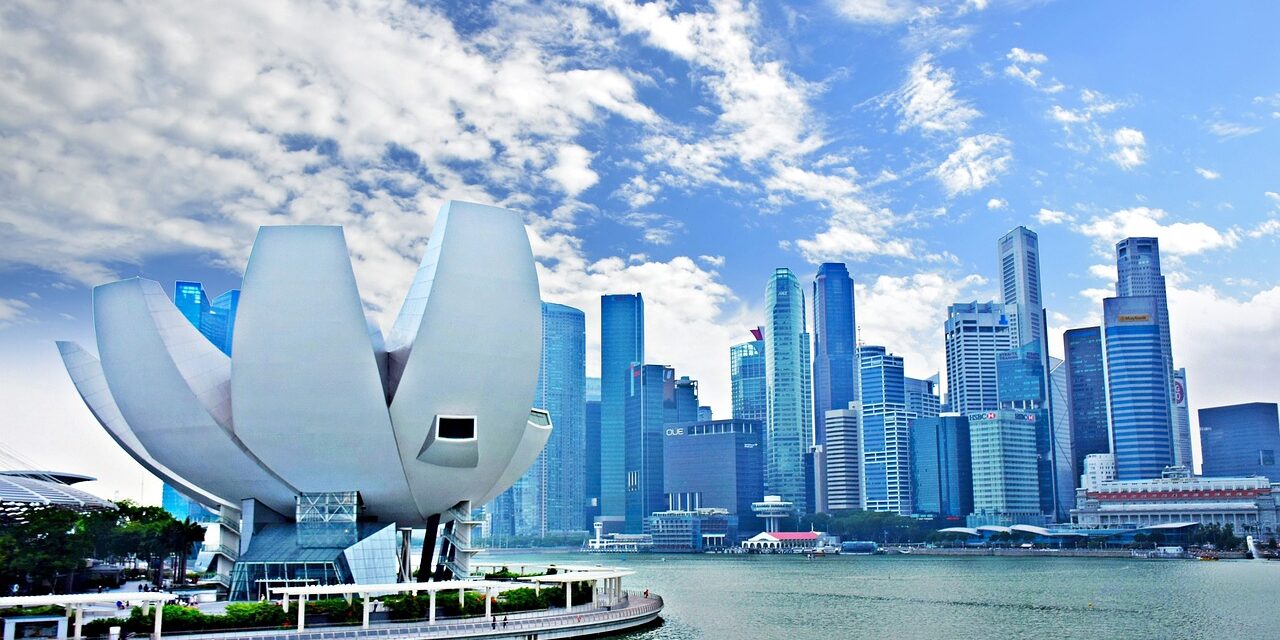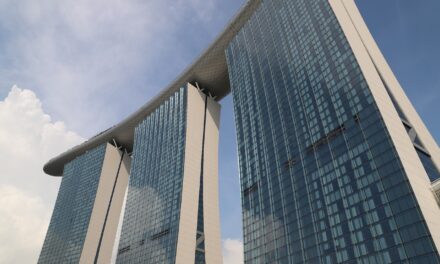The Singapore private sector continued to see sharp growth in September as rates of new business slowing towards more sustainable levels.
“Business activity growth remained robust in September, rounding off an even better third quarter compared to Q2 2024,” said Jingyi Pan, an economics associate director at S&P Global Market Intelligence, in a note on Thursday.
The headline seasonally adjusted S&P Global Singapore Purchasing Manager’s Index – a composite single figure indicator of performance – came in at 56.6 in September, slowing from 57.6 in August. Any reading above 50.0 indicates sector expansion.
This meant that the sector has grown every month for the last 19 months.
Singapore’s private sector flourishing
Despite the headline figure declining in September, it was still high by historical standards.
“This supported greater hiring and purchasing while forward looking indicators, such as the backlogs of work and future output indices, point to further expansions in business activity in the coming months,” Pan said.
On a positive note, output price inflation eased in September, driven by a softening of cost pressures within Singapore’s private sector.
Despite rising input prices, mainly due to raw materials, transport, and labor costs, S&P Global said, “the pace of input cost increases slowed from August as both purchase price and wage inflation eased slightly.”
This slight cooling of input costs allowed firms to raise their selling prices at a slower pace.
Looking ahead
Similar to August, supply-side constraints still pose a threat going forward. In August, shipping, supply and labor constraints hit vendor performance.
This thorn in the side of the Singaporean private sector continued to apply pressure.
“Risks for output growth has again been observed on the supply side, however, as supply constraints further worsened in September. This led to businesses depleting their input inventories for a second straight month despite another solid rise in purchasing activity,” Pan said.
Sentiment among Singapore’s private sector remained positive, however.
“Despite easing from an over three-year high in August, confidence levels remained above the long-run average and reflected hopes among private sector firms for a better year ahead for business activity,” S&P Global said.
Data
The S&P Global Singapore PMI is compiled by S&P Global from responses to questionnaires sent to purchasing managers in a panel of around 400 private sector companies. The panel is stratified by detailed sector and company workforce size, based on contributions to GDP. The sectors covered by the survey include manufacturing, construction, wholesale, retail and services.
Survey responses are collected in the second half of each month.







